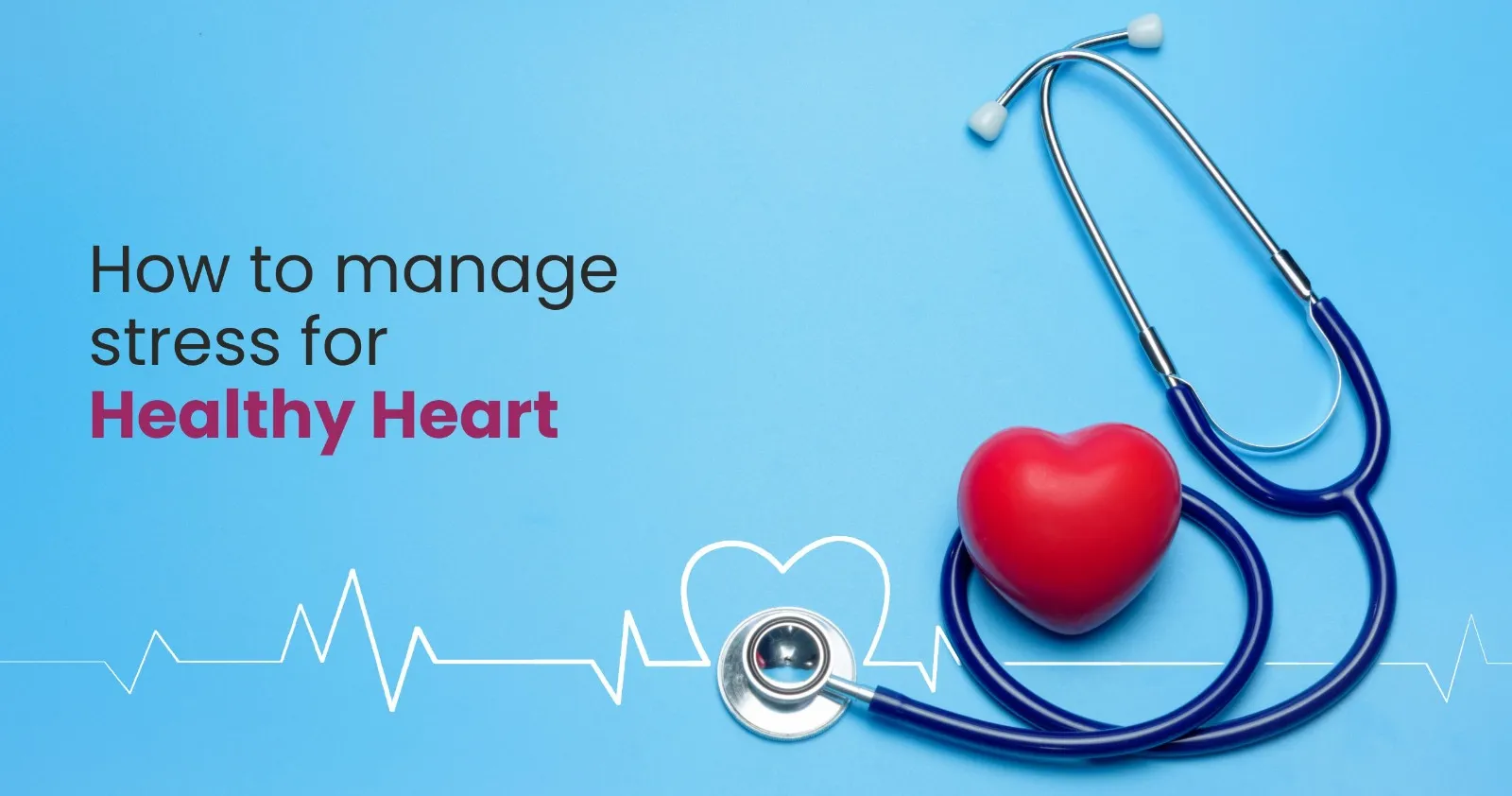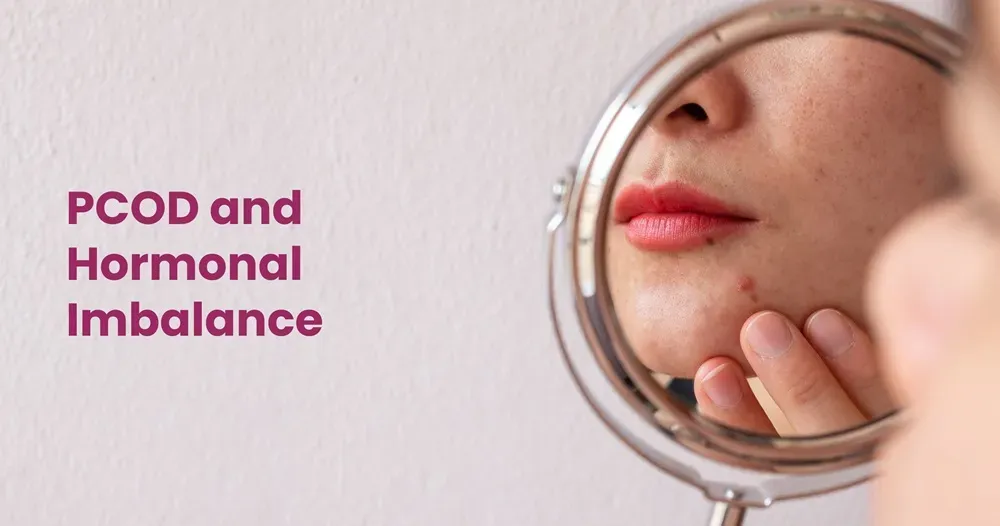Woman and Heart Disease: Recognizing Gander - Specific Risk Factors
Oct 19, 2023

In the world of healthcare, knowledge is not just power; it's often the key to saving lives. When it comes to heart disease, recognizing the gender-specific risk factors is a crucial step toward better heart health. While heart disease is a significant concern for both men and women, there are unique factors that women should be aware of to protect their cardiovascular well-being. In this extensive blog, we delve deep into the causes, risk factors, when to see a doctor, and address three frequently asked questions regarding women andheart disease.
Causes of Heart Disease in Woman
Heart disease in woman can be influenced by a variety of factors, some of which are specific to the female population:
- Hormonal Changes: Fluctuations in hormones, particularly during menopause, can affect cholesterol levels and increase the risk of heart disease. Estrogen, a hormone that provides some protection to women’s hearts, decreases during this phase, which can lead to adverse changes in cholesterol levels.
- Pregnancy Complications: Conditions like gestational diabetes and high blood pressure during pregnancy can be indicators of future heart disease risk. Woman who experiences these complications should monitor their heart health closely, even after pregnancy.
- Autoimmune Disorders: Certain autoimmune diseases, such as lupus or rheumatoid arthritis, are more common in woman and can lead to inflammation that affects the heart. It's essential for woman with these conditions to work closely with their healthcare provider to manage their heart health
- Psychosocial Factors: Woman often bear additional stressors, which can contribute to heart disease. Balancing family and career responsibilities can lead to high stress levels, which, if not managed, may increase the risk of heart problems. Learning to manage stress through relaxation techniques, meditation, or counseling can be an important aspect of heart health for woman.
Risk Factors for Woman
Understanding the risk factors that specifically affect woman is essential for prevention:
- Family History: A family history of heart disease can elevate the risk significantly. Woman with close relatives who have had heart issues should be especially vigilant. Knowing your family history and discussing it with your healthcare provider can help tailor your preventive strategies.
- Physical Inactivity: Lack of regular exercise is a risk factor for everyone, but it can be particularly problematic for woman. Busy schedules often lead to less time for physical activity, making it vital to find ways to stay activ?. Aim for at least 150 minutes of moderate-intensity aerobic activity or 75 minutes of vigorous-intensity aerobic activity per week.
- Unhealthy Diet: Poor dietary choices can contribute to
 heart disease. Woman should focus on a heart - healthy diet, rich in fruits, vegetables, whole grains, and lean proteins. Reducing the intake of saturated and trans fats, sodium, and added sugars is crucial. Incorporating om?ga-3 fatty acids from sources like fatty fish, flaxseeds, and walnuts can also benefit heart health.
heart disease. Woman should focus on a heart - healthy diet, rich in fruits, vegetables, whole grains, and lean proteins. Reducing the intake of saturated and trans fats, sodium, and added sugars is crucial. Incorporating om?ga-3 fatty acids from sources like fatty fish, flaxseeds, and walnuts can also benefit heart health.
- Smoking: Smoking is a major risk factor for heart disease, and quitting is especially important for woman, as they often have a lower tolerance for the harmful effects of tobacco. Smoking can constrict blood vessels and increase the risk of blood clots, making it particularly detrimental to heart health.
When to S?? a Doctor?
Timely action is crucial for maintaining heart health. Woman should consult a healthcare professional if they experience:
- Chest Pain or Discomfort: Any chest pain or discomfort, even if it seems minor, should not be ignored. It can be a sign of heart trouble and should be evaluated promptly. Chest pain may vary in intensity and may feel like pressure, fullness, or squeezing.
- Shortness of Breath: Difficulty breathing, especially during exertion, can be an early indicator of heart problems. Seeking medical attention for this symptom is essential. Shortness of breath can be accompanied by other symptoms like dizziness or nausea.
- Extreme Fatigue: If unexplained fatigue persists, it may be a sign of heart issues. Woman should not dismiss persistent tiredness and should consult a healthcare provider. Fatigue related to heart problem can occur even with minimal physical exertion.
- Pain Radiating to the Jaw or Back: If you experience unexplained pain that radiates to your jaw or back, it could be indicative of a heart issue, specifically a heart attack. While we often associate chest pain with heart problems, sometimes the pain can manifest in other areas. Any discomfort or pain in these regions warrants immediate medical attention.
Wrapping up,
In conclusion, recognizing and understanding the unique gender-specific risk factors for heart disease is not just informative; it's empowering for woman. heart disease may affect both genders, but being aware of the factors that particularly impact woman can be a lifesaver.
From hormonal changes to pregnancy complications, autoimmune disorders, and the stressors woman often face in their daily lives, the list of potential risk factors is comprehensive. However, armed with knowledge, woman can take proactive steps to protect their cardiovascular well-being.
At Apollo Diagnostics, we provide comprehensive heart health assessments designed specifically for woman. Our specialized diagnostic services go beyond the ordinary, incorporating cutting-edge technology and a team of experienced professionals who understand the unique cardiovascular concerns that woman may face.
Frequently Asked Questions
1. Can heart disease in woman be prevented?
While it may not always be entirely preventable, there are proactive steps woman can take to significantly reduce their risk. Maintaining a healthy lifestyle through a balanced diet, regular exercise, and avoiding tobacco products can significantly lower the risk of heart disease. It's also essential to manage any existing medical conditions and work closely with healthcare providers on heart health strategies.
2. Are the symptoms of heart disease different in woman compared to men?
Yes, they can be. Woman may experience subtler symptoms, such as nausea, dizziness, or extreme fatigue, which can be overlooked. It's important for woman to be aware of these differences and seek medical attention if they occur. Additionally, woman may hive different types of heart disease, like coronary microvascular disease, which can have unique symptoms.
3. How is heart disease diagnosed in woman?
Diagnostic tools like electrocardiograms (EKGs) and stress tests are commonly used to diagnose heart disease in woman. Additionally, imaging tests like angiography may be required for a more comprehensive assessment. Woman may also undergo blood tests to check for cholesterol levels and markers of heart damage.
Related Blog Post
Blog Categories
- Child Health
- Mens Health
- Women's Health
- Mental Health
- Health Myths & Facts
- Fitness
- Nutrition/Recipes
- Remedies
- Weight Management
- Stress Management
- Health Supplements
- Addiction Management
- Disease Management
- Allergy
- Anemia
- Arthritis
- Asthma
- Autoimmune Diseases
- Blood Pressure
- Cancer
- Deficiencies
- Dengue/Malaria/Chikungunya
- Diabetes
- Eye Problems
- Heart Diseases
- Hepatitis
- HIV/AIDS/STD
- Hormonal Imbalance
- Infection/Flu/Viral
- Kidney
- Liver
- Menstrual Problems
- Pregnancy
- Skin & Hair Problems
- Stomach Ailments
- Thyroid
- Others
- Health Checkups
- Diagnostics/Pathology
- Lifestyle & Wellness
- Covid
- Medical Tests
- Cholesterol
- Health Tips
- Parent Care/Old Age
- Lungs
- Food Intolerance








